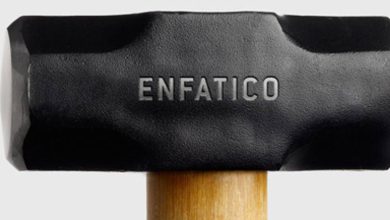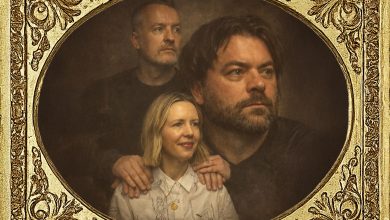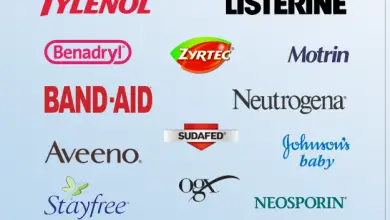Don’t think Cindy Rose featured on Paddy Power’s list of runner and riders for the WPP CEO job (but the Irish odds-meister can hardly be an expert on ad holding company bosses.)
Rose, currently a senior Microsoft exec, certainly ticks all the boxes for the job (required everywhere these days.)
For a start she knows WPP well, having been a non-exec since 2019. Two she has dual US and British nationality. She certainly sounds more American and can be expected to spend much time in the US, where most of WPP’s business is and its problems are bigger. Three, if digital transformation is what WPP is trying to sell then she certainly has the experience for that: Microsoft has been vying for the status of world’s biggest company on the back of precisely that although it recently announced some pretty big job losses. Four, pretty big job losses are the main item on her new agenda (she takes over from Mark Read in September) as WPP downsizes its huge GroupM media operation to become sparky new WPP Media.
She also seems a pretty nice person, as here at London Tech Week seven years ago.
WPP’s performance and share price are plummeting but at least her prompt appointment will buy it some time. WPP shares rose 3.4% in early trading today after falling nearly 20% following its profit warning yesterday (there’s been some orchestration here, obvs.)
But there are two elephants in the room. One is the share price. If you include debt someone would have to fork out nearly £9bn to buy WPP (its market value is around £5bn) and, while that’s do-able for a big P/E company or consortium, it’s still a handful for a company with a full hand of problems. But a possibility nonetheless. Rose in the top seat may actually help to attract a bid.
Assuming that doesn’t happen and she’s given time to put her own stamp on proceedings what’s she going to do? First up is establishing positive relations with the numerous barons who still inhabit WPP and its hundreds of companies. Some will think they’re (finally) turning a new leaf, others will be pissed off that Rose, who turns 60 in August, has got the top job.
Johnny Hornby of T&P fame was recently put in charge of WPP’s struggling band of “specialist agencies,” seen by some as an audition for the top job. If so it was a pretty short one. Hornby is a team player (in his own way) but, with lots of other business interests, will that role still appeal?
Brian Lesser, viewed by many as the ante-post favourite to succeed Read, has plenty on his plate as he cuts a swathe through GroupM. Does Rose think that’s the right way to go? Presumably she does as she’s a non-exec. Will he want to do the heavy lifting long-term?
You never quite know how much non-execs really know about the entrails of the companies they advise. Sir Martin Sorrell was careful to keep WPP managers off the board (Read as one-time digital director was the only one as I recall.) He preferred a line-up of the business world’s great and good; handy for introductions to client CEOs and smoothing the way at Davos but kept out of his hair.
Rose presumably signed up to Read’s strategy of internal mergers and disposals and that’s hardly been a success. Read is supposedly staying on (as something or other) until the end of the year but does that mean it’s going to be more of the same?
As we noted above, her appointment buys WPP some valuable time. But it’s not infinite.










